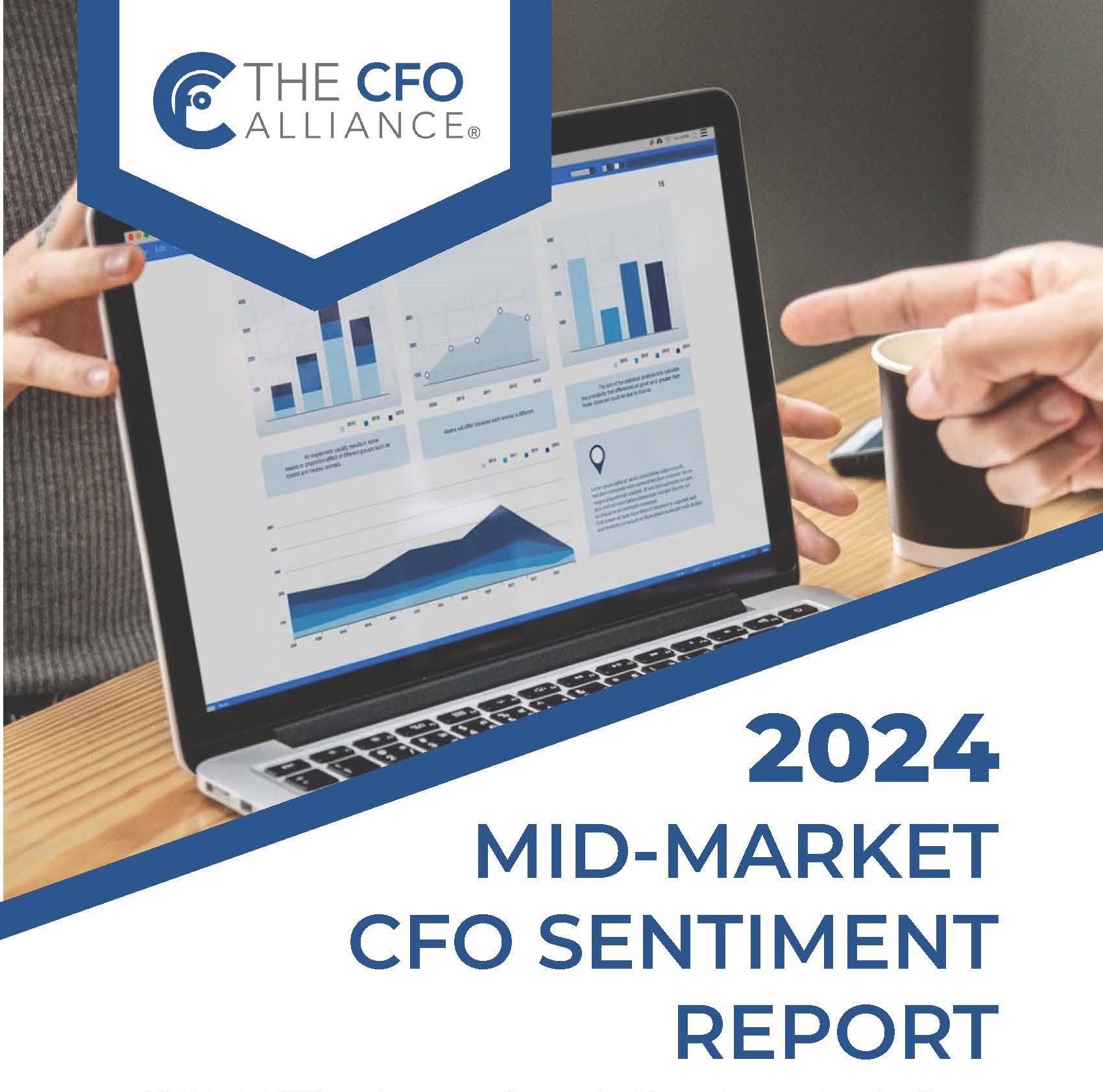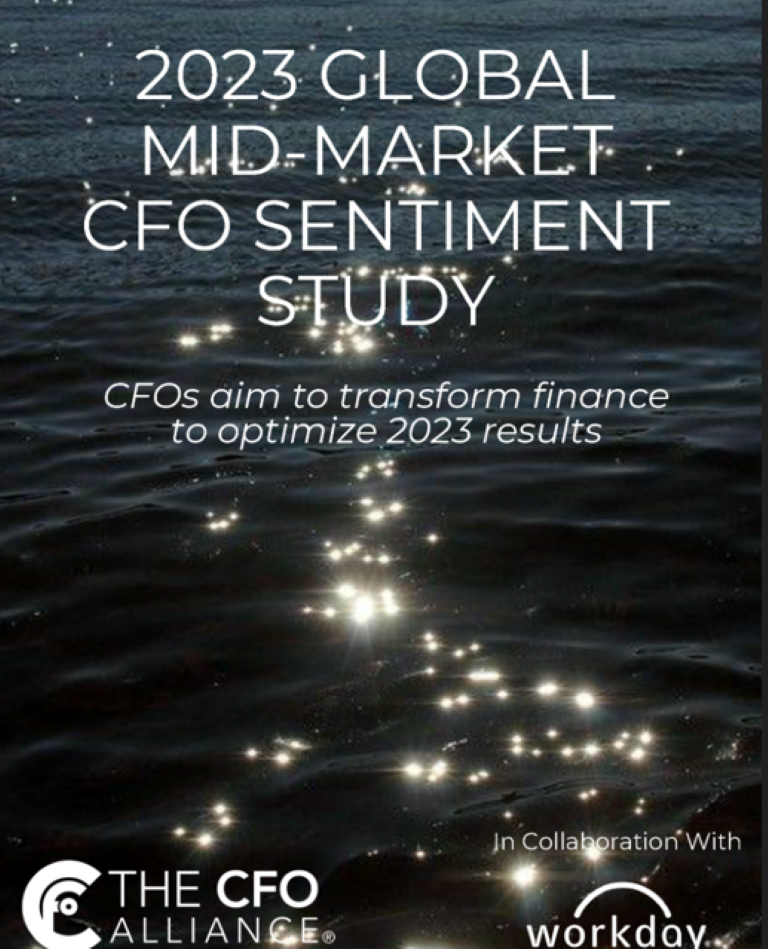In the News! - Recent news article from CFO.com
Can CPA requirement changes solve finance’s talent shortage?
CFOs and finance leaders share their takes on whether CPA requirement changes are necessary to address talent issues within corporate finance.
CFOs who matriculate from an accounting background can attest to the dedication and hard work required to pass the CPA exam. However, as the number of accountants dwindles even as the demand rises, the costs and time it takes to become a CPA continue to increase. Some have argued — through experience and data — the requirements need to be changed to address this issue.
But, lowering standards comes with consequences. Failures of financial controls are showing up in all areas of business. Lowering the standards for the sake of headcount may not only impact future work, but leave current accountants wondering why they had to put in all of the work in the first place.
The 150-hour rule versus experience
Although the idea of the 150-hour rule has been critiqued by some finance leaders, others believe lowering the standards for accountants may not be worth the trade-offs from either a quality or optics perspective.
“I don’t think, because of the perception of it, you can just drop the technical requirements [for accounting] because then things will get much tougher,” said Stacey Ryan-Cornelius, global CFO of the advertising conglomerate Ogilvy. “I put in a lot of time to understand my craft before I got to play a little bit, so I believe there’s no shortcut to learning and taking your time to understand how to deal with the different things you’ll deal with [as a CPA]. Stacey Ryan-Cornelius, Global CFO, Ogilvy
“However, in the evaluation process, I do think we as CFOs go overboard sometimes because so much is learned in the field with any job, especially accounting. There’s so much to be learned by working in different industries and finding out what you like from an operational and strategic standpoint, but you have to do your time to have any credibility,” Ryan-Cornelius said.
“I put in a lot of time to understand my craft before I got to play a little bit, so I believe there’s no shortcut to learning and taking your time to understand how to deal with the different things you’ll deal with.”
Stacey Ryan-Cornelius
Global CFO, Ogilvy
The need for relevant industry experience also resonates with Lori Love, formerly the CFO of CleanSpark and now a senior manager at Eide Bailly. Love said said she learned far more from her experience in a public accounting firm than she did from satisfying her 150-hour credit requirement.
“I don’t know if the 150-hour rule makes sense,” said Love. “What I know ends up happening is those people in college end up staying for their masters and then are left with two options. One is a master of accountancy and the other is an MBA. And in today’s generation, many say, ‘I’d rather have the MBA than the masters of accountancy.’ Lori Love, Senior Manager, Eide Bailly
”It’s tough because with that in mind, I’ve met a ton of CPAs where I wonder how they even passed the exam,” Love said.
Love believes changing the test format could help promote CPA interest and quality together. “Lots of people are great test-takers, but cannot apply the rules in real life,” she said.
“I don’t know if the 150-hour rule makes sense ... I’ve met a ton of CPAs where I wonder how they even passed the exam.”
Lori Love
Senior Manager, Eide Bailly
“It goes both ways, I’ve met others who are phenomenal accountants but just can’t pass the exam. Whether it’s offering an auditory format or another way to deliver the exam a bit differently, I think there’s an opportunity in formatting that can be looked into.”
Skills valued in finance
Nick Araco Jr., founder and CEO of the CFO Alliance, has been talking to CFOs at his organization’s roundtable events across the U.S. According to him, looking for employees with non-traditional experience is a major contributor to those conversations.
“CFOs should probably be doubling down on developing human skills that can best leverage the technology they are looking to implement.”
Nick Araco, Jr.
The CFO Alliance
“The top outcomes from the series of roundtables we’ve been conducting [lately] when asked about their next hire, most CFOs said they would look for someone with skills in data analytics, data science and business intelligence skills, and they would teach them the rest.” Nick Araco Jr., Founder and CEO of the CFO Alliance
“I think the part accounting and finance professionals at large need to evaluate is where the greatest human capabilities will be in the future given advancements in AI automation and machine learning. What we’ve been finding is that CFOs should probably be doubling down on developing human skills that can best leverage the technology they are looking to implement.”
Improving the accounting perception
As a CFO of a company that credits itself to be for accountants, by accountants, Razzak Jallow, CFO of FloQast, believes accounting also faces challenges in the perception of what the jobs entail.
“Certainly there’s a lot of unfair branding and perception of accounting, it’s almost an insult sometimes, where people call us bean counters making decisions,” Jallow said. “That definitely doesn’t help in terms of attracting and retaining people in the accounting industry. But, if you look at what accountants do, what finance people can do, it’s really impactful. Razzak Jallow, CFO, FloQast
“If you look at how people enter the accounting industry, it’s usually through the big four, which is a lot of hours and not a lot of pay,” Jallow said. “Then you are either on the partner track or industry track, and I think that transition and career choice is why we love accountants so much. They’re very smart people, very hard workers, they care about their careers, and they take pride in their work.”
When asked if he would hire an employee or someone on the finance team who is not a CPA, Jallow was hesitant to devalue the certification. “I don’t know about that one, I still certainly value the CPA quite a bit, and I think it’s still really important to have as a part of a strong resume.”



